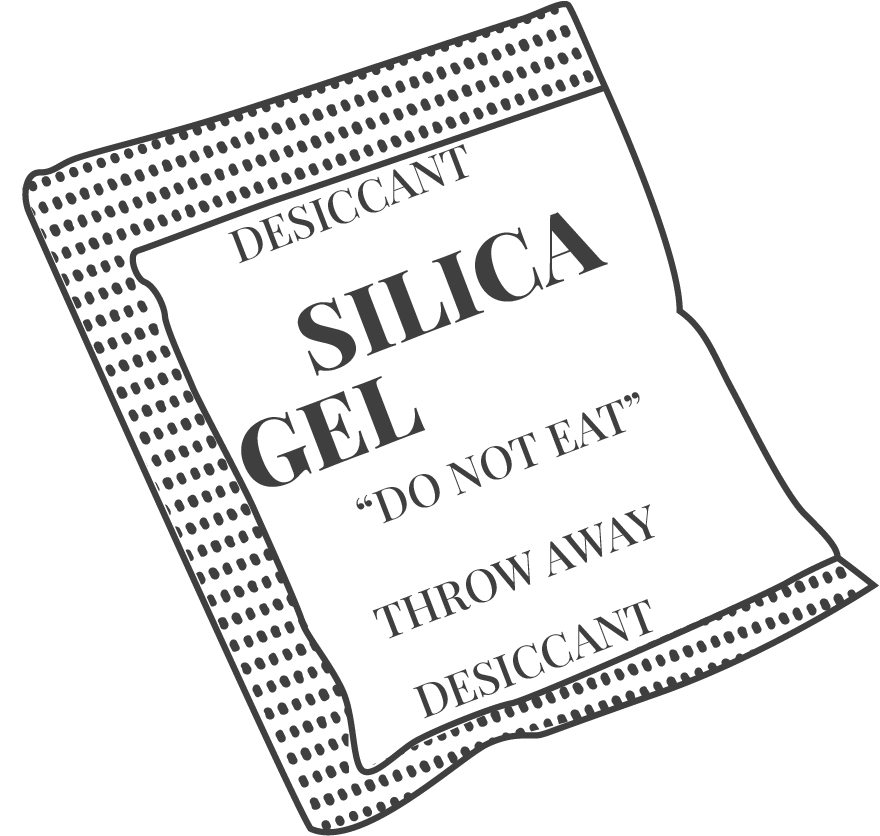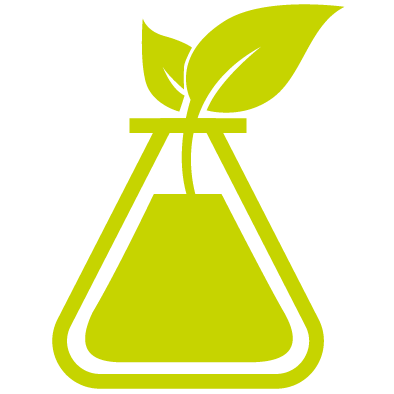As an organisation and as people, we are committed to reducing our
continue to take significant steps towards fulfilling our commitment.

Silica gels and stickers are used to reduce moisture in transit and protect goods against mould but are commonly thrown away moments after purchase.
For every 10 million pairs of shoes, 9.5 tonnes of plastic has the potential of ending up in the ocean because of these sachets. Micro-Fresh® Technology eliminates the need for commonly used anti-mould treatments, including single-use plastic stickers or silica gel packets.
Consumer Impact
Micro-Fresh® not only improves the user experience of a product, it also allows consumers to reduce their impact on the environment. Globally 92 million tonnes of textile waste is created in a year and estimated to rise to 134 million by 2030 according to the BBC. By incorporating Micro-Fresh® into clothing, you are prolonging the life of the material and garment so less products end up in landfill.
Washing less
Products that come into contact with the skin provide the perfect environment for numerous micro-organisms to multiply, such as odour causing bacteria. Most opt for a 40°c-60°c wash to remove them, but this damages both the environment and the bedding.
Temperature
Which? found that switching from 40°C to 20°C saved 62% of the energy consumed. Reducing your washing machine use by one run per week for a year could save you £10 a year on your energy bills and 12kg of CO2.
Micro-Fresh® is proven to be effective at low temperature washes so customers and commercial launderers can reduce their energy consumption and costs.
Water
The standard modern washing machine can use up to 68 Litres of water per wash and the average number of washes per household per year is 270.
If a household did one less wash per week because their clothes or bedding stayed fresher for longer, they could reduce their water consumption by 3,536 liters per year.







